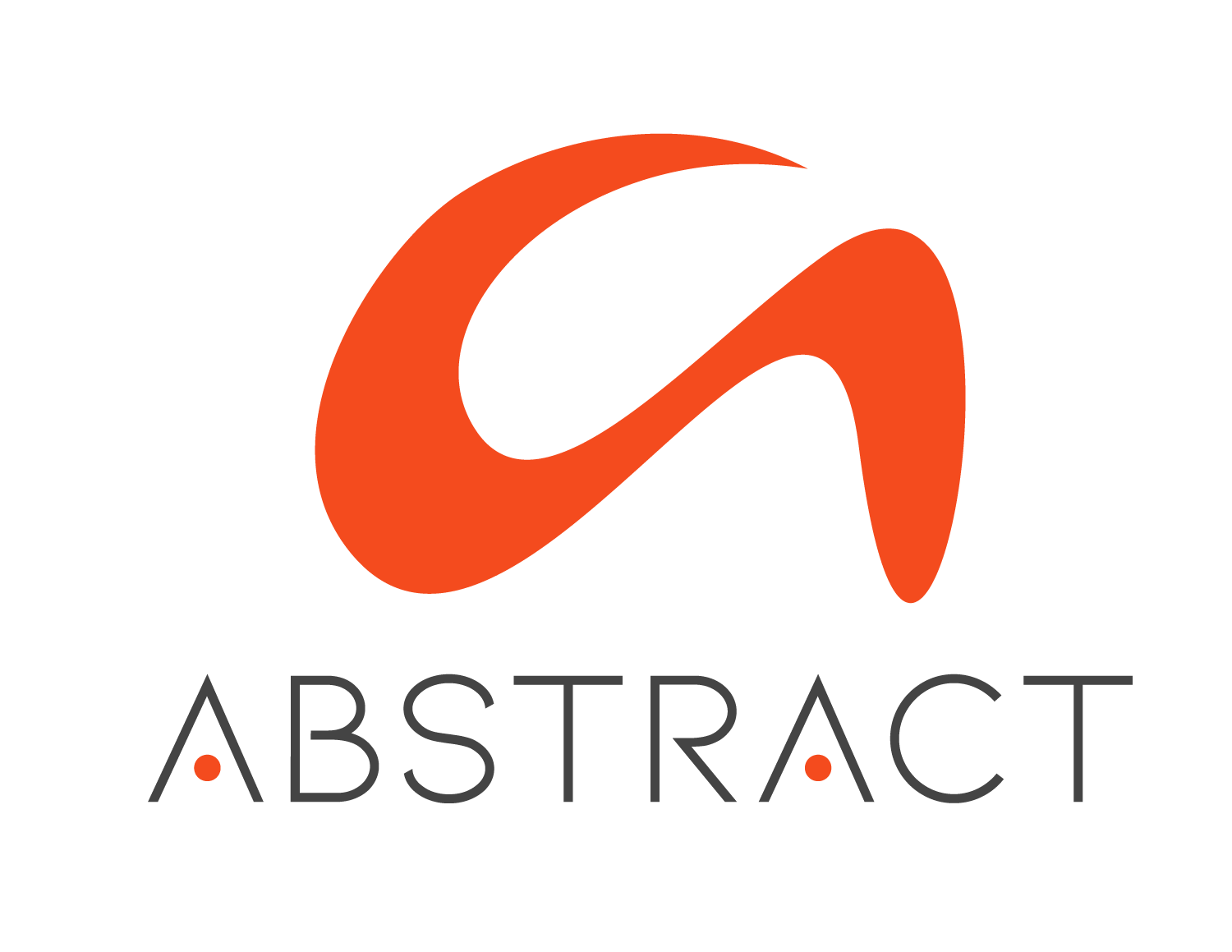
Soft Skills Training
While virtual reality is well known for its assistance in the training and development of hard skills, it is uniquely suited to develop soft skills as well. PwC spearheaded research into the effectiveness of soft skills training in Enterprise learning and compared the results to the same content delivered through traditional classes and e-learning environments. Below are a handful of the outcomes from this study.
Soft Skill Use Cases
-
Anybody can learn and develop the ability to lead and inspire others. Virtual reality affords the opportunity to immerse trainees in environments where their leadership skills are tested and developed, enabling them to take the lead to influence and inspire others in personal and professional endeavors.
-
Finding talent to fill occupational vacancies is a costly and often arduous process that can be fine-tuned with VR training. Similarly, letting staff go is a highly emotional process that must be dealt with tact and empathy. Such difficult and high-stakes conversations can be experienced in VR to familiarize HR professionals with the skills to effectively carry out the task.
-
According to a report by The Bridge Group, the average ramp up time for a sales representative is 3.2 months while their average tenure is 18 months. Soft skill development for salespeople can not only reduce ramp-up time, but they can be run through sales trainings that put them in front of AI clients to help them overcome objections or practice articulating the benefits of the products and services they are selling.
-
Rehearsing presentations, practicing speaking to a crowd, or even overcoming the common fear of public speaking bring about a variety of practical applications for such trainings. Environments from small classrooms to large lecture halls can be created in VR to help provide valuable repetitions that turn everyday people into public speaking masters.
-
By now you can see how any difficult, high-stakes conversation can be simulated. Such immersive experiences get your blood pumping, and evoke the same emotions as if you were negotiating with a client, manager, or one of your teammates. VR offers a perfect test bed for trying, failing, and learning how to better handle such situations.
Soft Skills Training Outcomes with VR
PwC compared three types of training to determine which would provide the most cost efficient, and effective way of putting over 3,000 partners through soft skills training. Each participant was only trained in one of the following methods:
Traditional - Classroom Style Learning
E-Learning - Web-based, distance learning
V-Learning - Virtual reality simulation based learning
VR-trained employees were more confident
“Users trained with VR were up to 275% more confident to act on what they learned after training - a 40% improvement over classroom and 35% improvement over e-learn.”
VR Generated a Stronger Emotional Connection
“V-learners felt 3.75 times more emotionally connected to the content than classroom learners and 2.3 times more connected than e-learners.”
Employees trained were more focused in VR
“VR-trained learners were up to 4 times more focused during training than their e-learning peers and 1.5 times more focused than their classroom peers.”
Learners showed improved attention in VR
“VR-trained learners were up to four times less distracted during training than their e-learning peers and 1.5 times less distracted than their classroom peers.”





